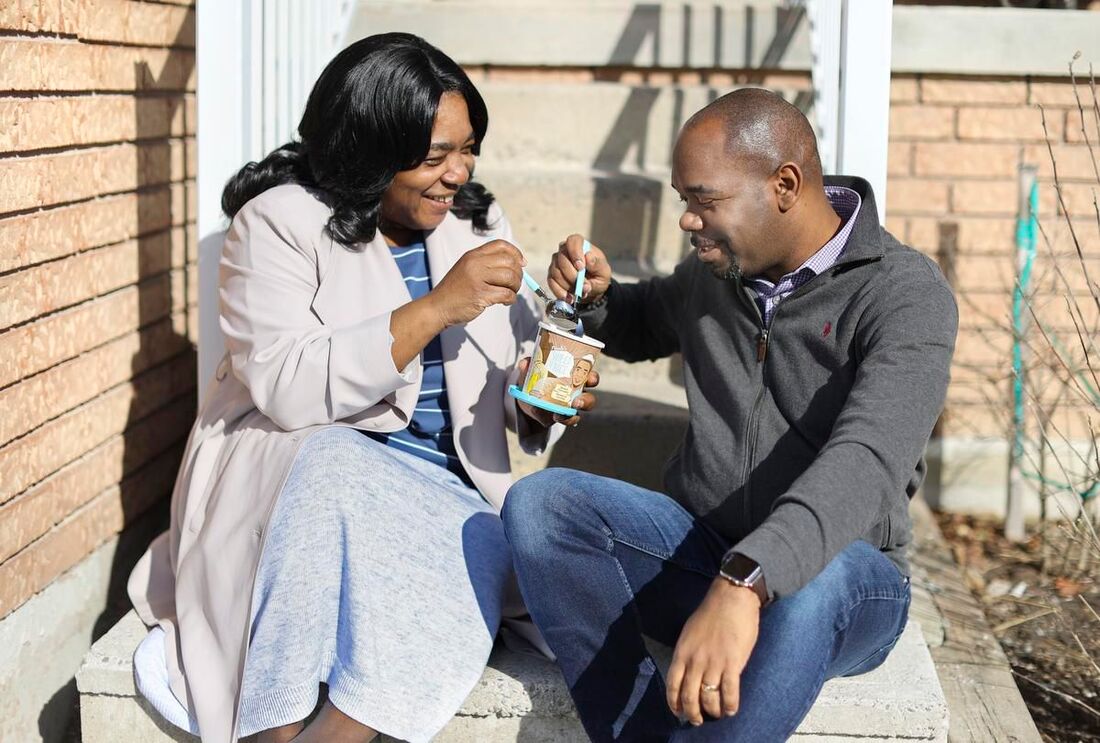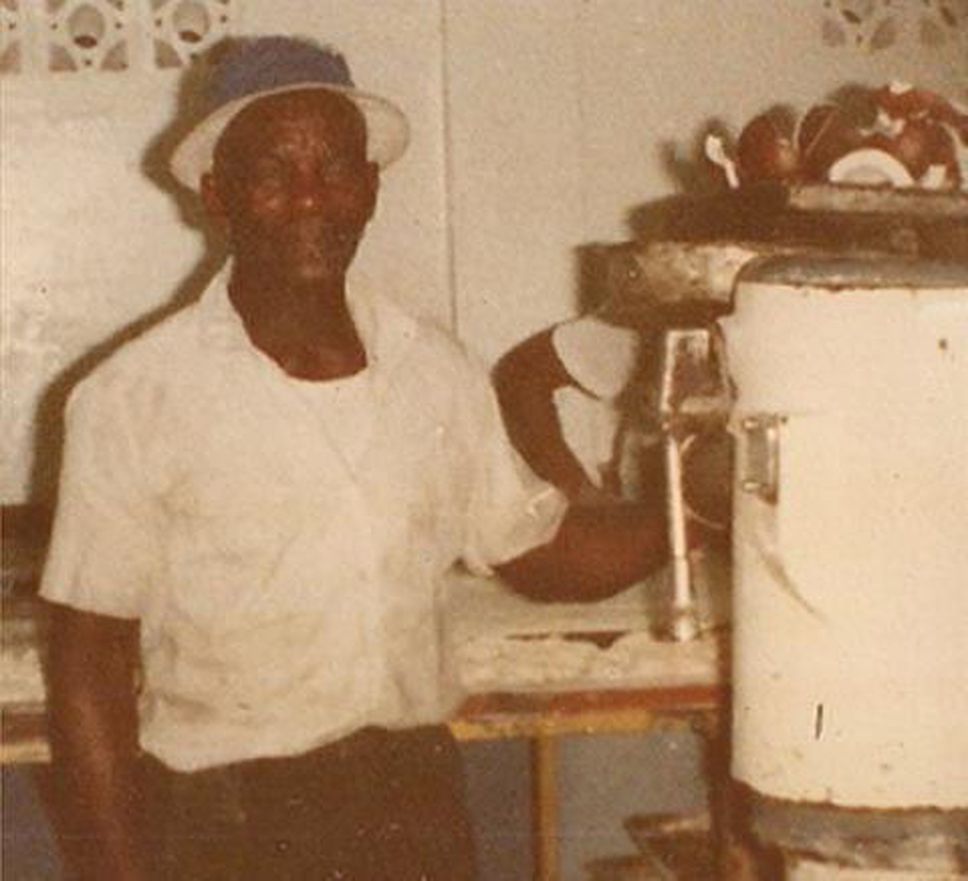|
The origins of Neale’s Sweet N’ Nice ice cream date to 1940, in San Fernando, Trinidad and Tobago. Charles Alfred Neale biked around the city during long summer days, selling his one-of-a-kind coconut ice cream recipe — made with fresh and locally sourced ingredients, a “premium” coconut milk mix and no artificial flavours.
The extra creamy consistency and generous proportions led to an explosion of demand for his premium ice cream and it soon became a household name. More than 80 years later, his family’s commitment to honouring his legacy has landed Neale’s Sweet N’ Nice on the shelves of major supermarkets like Metro, No Frills, Sobeys, and Foodland in Ontario, Quebec and British Columbia, keeping Neale’s recipe alive long after his death in the late 1980s. Neale’s is one of many businesses successfully cementing a platform for ethnic flavours in Canada for generations to come. In 2013, cousins Andrew McBarnett and Stafford Attsz, were reminiscing about their grandfather’s glory days selling ice cream. They approached their aunt, Neale’s daughter, Rosemarie Wilson, who knew the recipe and would often serve it during family reunions. Wilson eventually became a co-founder and primary producer in Neale’s Sweet N’ Nice, which in the beginning was an entirely do-it-yourself type of endeavour based in Oshawa. “We started by purchasing an ice cream machine, printing out labels, getting the entire family together, and just wrapping containers for a week,” recalled McBarnett. “I think overall, we all had the same vision: to bring premium homemade Caribbean flavours that just weren’t available before in the Greater Toronto Area.” Early on, the ice cream was sold in independent ethnic grocery stores in the GTA. In 2015, the company earned a spot on CBC’s venture capitalist show, “Dragons’ Den.” Though no deal emerged from being on the show, the publicity served as Neale’s official “coming out” in the Canadian dessert game. Wilson was initially unsure if their ice cream business would fare well in Canada, but as the brand, which features flavours such as coconut, mango, guava and passion fruit, started hitting more shelves, she was amazed by the support that Neale’s received. “I always knew there was a strong Jamaican community in the GTA, but I had no idea how large a Trinidadian contingent we have,” she said. “I was getting personal calls at home from people who just wanted to talk. They’d tell me: ‘I remember you from San Fernando, yes, yes, yes. I just want to talk about the common heritage and the common bond!’ ” She recalled a recent call from a Trinidadian gentleman who found their product in Sobeys and described his immediate sense of recognition and pride. “That kind of connection inspires you to do more and to keep on going,” Wilson said. Starting in 2018, Neale’s began moving into grocery chains mostly in Ontario. An expansion to stores in Montreal and Richmond, B.C., soon followed. Last year began with plans to increase Neale’s national presence and debut in Loblaws stores, but the pandemic set the debut back and introduced new issues for the founders. McBarnett and Wilson soon discovered “their supply chain was broken” — they could no longer source their natural ingredients on the timelines they were used to. Wilson explained how because of halts in trade, several suppliers could not sell their ingredients at the same pace as before. To combat this, Neale’s started manufacturing according to availability of products instead of demand. “For example, if it will take me six weeks or two months to get something, then when we actually get it, we say, ‘we might as well increase how much we manufacture,’ ” Wilson said. Neale’s went from manufacturing 200 cases every four weeks to a 1,000, which may have worked to its advantage, as despite an ongoing lockdown, the demand for Neale’s ice cream surged. This was in part due to more consumers adopting a buy-local approach during the pandemic and in part due to increased sentiment to buy from Black-owned businesses after George Floyd’s death led to a global reckoning on anti-Black racism. “I thought about how when I started Kingsdale, and I went to every institution in this country, and they all turned me down,” Hall said. “Eventually, I was able to get someone in a bank who looked like me, believed in me and was able to pull some strings to help me. “I just knew I had to help.” Wilson and McBarnett often worry about their business becoming “boxed in.” Though the brand is rooted in offering a taste of their childhood and Caribbean heritage, the ice cream resonates with people from all over. McBarnett says they have had people from places like Portugal and South America, tell them the ice cream reminds them of home. “This is way beyond the Caribbean,” he said. “It’s wherever these types of fruits are. Like Malaysia or wherever people are tasting our ice cream and remembering their childhood.” Rhythm Sachdeva is a breaking news reporter, working out of the Star’s radio room in Toronto. Source: Toronto Star, April 12, 2021
0 Comments
Leave a Reply. |
T&T news blogThe intent of this blog is to bring some news from home and other fun items. If you enjoy what you read, please leave us a comment.. Archives
May 2025
Categories
All
|




 RSS Feed
RSS Feed